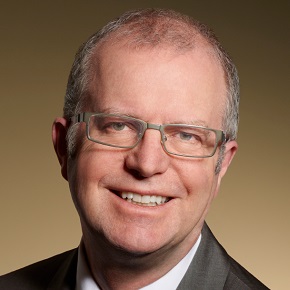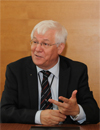 |
||
|
Chemical Weapons Watchdog Chief to Visit Russia – Lavrov RIA Novosti, PUBLISHED 25.03.2014 The chief of the world's chemical arms watchdog is due to visit Russia in April, Russian Foreign Minister Sergei Lavrov said Monday. The Organization for the Prohibition of Chemical Weapons said last week almost half of Syria's declared stockpile of chemical weapons had been removed from the country. Under an international agreement, the deadline for completing the destruction the last of the weapons is June 30. More than 130,000 people have been killed and 9 million displaced since fighting broke out in Syria between government troops and armed rebels in 2011, according to the UN. Topics: Russia Other news: Hungary Enacts Law to Expand Nuclear Power With Russian Aid Hungary’s president has signed a bill into law to expand a nuclear power plant in the country with Russian assistance. Hungary Lawmakers OK Russia Nuclear Plant Deal Russia will provide Hungary a loan of up to 10 billion euros ($13.5 billion) - around 80 percent of construction costs. Russia to Lend Hungary $13.7Bln for Nuclear Plant The deal was announced during a state visit to Moscow by Hungarian Prime Minister Viktor Orban and was hailed by Russian President Vladimir Putin. |
Hero of the day 
We are currently working with the Nuclear Decommissioning Authority (NDA) on this approach, which was submitted in response to their February 2012 call for alternative proposals. We appreciate that the UK is in the early stages of their policy development activities and are pleased to be involved in such important work. INTERVIEW
Yanko Yanev OPINION
Joint Plan of Action |

